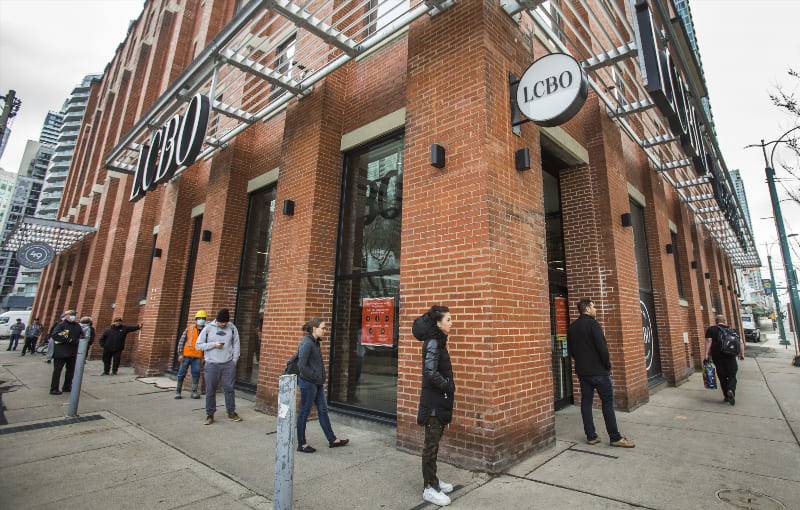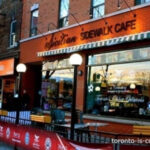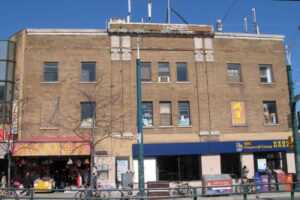Toronto’s bustling economic scene in 2012 was all about change. With the LCBO undergoing expansion and Tim Hortons nudging their prices upwards, there was certainly a buzz in the streets. But what exactly led to these shifts? And how did the people of Toronto feel about it? Grab a cuppa, folks, because we’re about to dive deep into these afternoon revelations.
LCBO’s Expanding Horizons
Ah, the LCBO! For those not in the know, that’s the Liquor Control Board of Ontario for you. This government enterprise has been the go-to spot for all things alcoholic in the province. But 2012 was a pivotal year for them. Why, you ask?
Branching Out
2012 marked a significant number of new LCBO outlets sprouting across Toronto. They were popping up faster than mushrooms after a rain! With the city’s increasing population and demands, the expansion was not only strategic but necessary. According to The Star, the increasing consumer demand for more niche and exotic beverages played a significant role in this growth.
The People’s Take
There’s no two ways about it; folks were thrilled! More LCBO stores meant lesser waiting time, more variety, and of course, convenience. The city’s pub-goers and party animals certainly weren’t complaining. But what was even more heartening was the increase in job opportunities these new outlets brought about.
Coffee, Eh? Tim Hortons and the Great Price Hike

Tim Hortons, the pride, and joy of many Canadians. But 2012 was a year when their beloved coffee got just a tad bit pricier. Let’s spill the beans on that!
Behind the Price Rise
So why did Tim Hortons decide to increase their prices? Well, the global economic scene wasn’t playing ball. Raw material prices were on the rise, and according to CBC News, the hike was inevitable. This wasn’t a move exclusive to Tim Hortons; several businesses were feeling the pinch.
The Aftertaste
Nobody likes to shell out more for their daily fix, do they? The price rise left many regulars with a slightly bitter aftertaste. Yet, loyalty to this iconic Canadian brand remained largely unaffected. Most understood the larger economic forces at play, and let’s be real, a few extra cents wasn’t going to deter the true Timmies aficionados.
Impact on the Toronto Scene
With these significant shifts in the business landscape, Toronto in 2012 saw some ripple effects.
Economy in Motion
The expansion of LCBO and Tim Hortons’ strategic move highlighted the adaptive nature of Toronto’s economy. Businesses weren’t afraid to evolve, pivot, or take risks. And with risks, often comes reward.
The Talk of the Town
These changes became water cooler discussions. Toronto’s local news channels and newspapers were buzzing with opinions, speculations, and reactions. It’s fascinating how the growth of a liquor outlet and the price of coffee can truly capture a city’s attention, isn’t it?
What Lies Ahead?
Post these changes, what was the forecast for Toronto’s economic and social scene?
Adapting to Change
The resilience of Torontonians shone through. Whether it was making peace with the new coffee prices or celebrating the new LCBO stores, the city’s denizens showcased adaptability. And in the business world, adaptability often translates to longevity.
Future Predictions
While 2012 was eventful, it set the tone for the coming years. Analysts predicted further expansions, mergers, and strategic shifts. Toronto’s business landscape was evolving, and the ride ahead was sure to be exhilarating!
So, What’s the Takeaway?

In the grand tapestry of Toronto’s history, 2012 might seem like just another year. But delve a bit deeper, and the shifts in its business topography provide fascinating insights. From embracing change to showcasing resilience, the year was a testament to Toronto’s dynamic spirit. And as we raise our glasses (courtesy of LCBO) and sip our coffee (albeit slightly pricier), here’s to the city that continually evolves, adapts, and thrives! Cheers!









